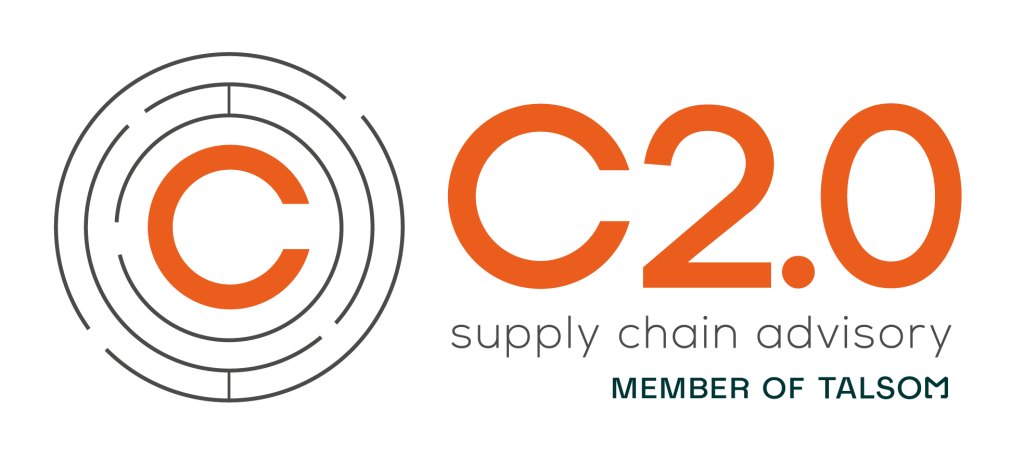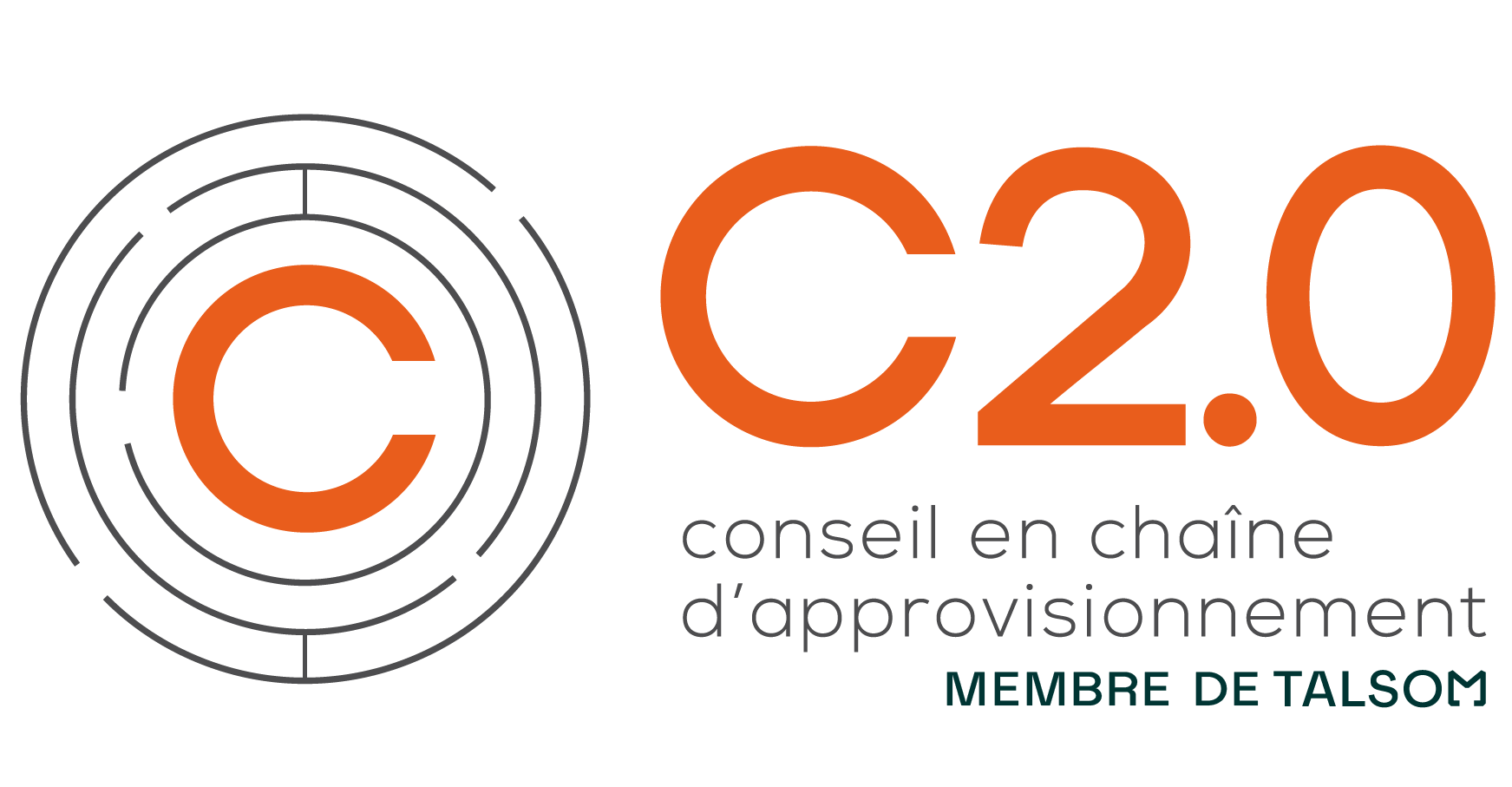Every year, many companies are created around the world with the aim of solving the problems and challenges that the society is facing. Let’s just think of Elon Musk’s company, Tesla. Its mission to “accelerate the advent of sustainable transport” takes aim at a great challenge faced by countries all around the world consisting in transitioning to a carbon-free society.
Ironically, these companies themselves are subject to many challenges and problems such as poor communication, incorrect billing, unfilled shifts, etc.
Fortunately, thanks to the technology, there are many software able to help businesses in their day-to-day operations. As an example, communication wise, video conferencing software like Teams or Zoom have paved the way for remote work, allowing employees to continue working from home. A relatively recent phenomenon that was not very common just a few years ago.
Have you ever tlost a contract due to an oversight? Have you ever missed an important appointment with a client?
If so, you will surely want to keep reading. Through this blog, we will be exploring in more detail Customer Relationship Management software (CRM). Specifically, what it is, what are the benefits for your business and how Conseil 2.0 can help!
Concretely, what is a CRM?
According to Salesforce, a customer relationship management is a “technology for managing all your company’s relationships and interactions with customers and potential customers.” A CRM is interesting from a marketing point of view, by being a great asset during a targeted advertising campaign, as well as from a sales perspective, by making it easy to follow prospects to convert potential customers into actual clients.
There is a wide range of functionality offered by CRM software, including the tracking of new leads, the source of these leads, the number of contracts won and lost, revenue growth, etc. To better understand, below is an example of a CRM dashboard:

We can rapidly see that the dashboard presents all the necessary information that the sales’ team is looking for. It can be the name of the salesman responsible for a new lead, the number of contracts closed, or even, the projected revenues for the next quarter and those to come.
There are many CRM systems. According to Zoho, we can subdivide CRMs into 4 categories.
- The first category is on-premises CRM. This type of customer relationship management software implies that the architecture is done in-house in an internal server. Being more secure and safe, let’s keep in mind that we need to take in charge all expenses and workload related to maintenance and updates.
- The second category is cloud-based CRM. This type of CRM allows you to access your data from any browser, as well as supporting system maintenance and updates. However, a company choosing a cloud-based CRM is linked in a business relationship with the solution provider, losing some flexibility and control along the way. Moreover, we need to keep in mind the cost related to access management and software licenses.
- The third category is industry-specific CRM. This type of CRM is specialized in a certain industry. For example, some customer relationship management software is more focused on the hospitality industry, like Revinate, which integrates with online reputation applications such as TripAdvisor, while other CRMs are more focused on e-commerce, like Pipedrive, which allows the creation of advertising campaigns via emails.
- The fourth category is all-in-one CRM. This type of CRM has the particularity to be highly personalized, to have lots of functionality and to integrate easily with other business software.
Also, let’s add that an important aspect to keep in mind when selecting a CRM is the ability of the software to be easily integrated with other ERP systems or modules. This will allow for an integrated flow of information from start to finish – from a potential customer’s led to the billing by accounting.
What is the utility of a customer relationship management software?
A CRM provides many advantages to its users. According to a survey conducted by Salesforce based on 3,384 clients selected randomly, benefits have been detected in 5 major categories: sales, marketing, customer service, digital commerce, and information technology. In particular, the customers surveyed saw the conversion of leads into contracts increase by 30%, customer satisfaction increase by 30%, online revenues increase by 15%, all that while costs related to information technology decrease by 26%.
To continue, Zoho also lists some benefits of using its CRM. One of them is a better data organization, given the fact that all the data is centralized in one database accessible to all. That way, we avoid working in silos, and communication between the different departments is improved. Also, having at your disposal a CRM allows you to better manage your communication flows with your customers. For example, it is possible to schedule reminders to ensure that the follow-up is carried out, or to create email templates.
Let’s use a fictitious example to better understand the function of a CRM. Victoria, a salesperson, works for an appliances company. She was in contact with potential clients. However, she had to leave the office for a few months, recently giving birth to a young boy. When transferring its customers to other sales representatives, some of them were lost or forgotten, due to flaws in the process. On the other hand, if the company had a CRM in its possession, all of Victoria’s clients could have been easily transferred to other sales representatives without any hassle, due to the centralized database. Moreover, her colleagues could have been notified and reminded, using an automated message, to execute the follow-up.
Conseil 2.0 is there to answer all your CRM needs
Several companies offer their own customer relationship management software, such as Salesforce, Zoho, HubSpot, etc. According to Gartner, there is more than 1,000 CRM software available on the market today. It quickly becomes extremely difficult to navigate throughout all these options. Therefore, implementing a CRM in your company is not an easy task. That is why you should surround yourself with experts. Indeed, they will allow you, among other things, to avoid costly errors.
At Conseil 2.0, the methodology of implementing a new IT system is usually done in 3 phases. The first one consists of defining the specific needs of each client. To do so, a diagnosis of the client’s current processes is carried out as well as an assessment of its needs. The second phase is the software’s evaluation. In this phase Conseil 2.0 takes in charge the selection process of the suppliers, each one offering different solutions at different prices. The third phase consists of identifying the best solution from the selected provider’s list, considering the specific needs of each client, as well as implementing the winning solution.
In short, this article was about customer relationship management software (CRM). Concretely, what is a CRM and what is it the purpose? Also, we have explained how Conseil 2.0 can help you throughout the entire process of implementing a CRM. For any questions related to your CRM needs, do not hesitate to contact the Conseil 2.0 teams who will be more than happy to answer them!







